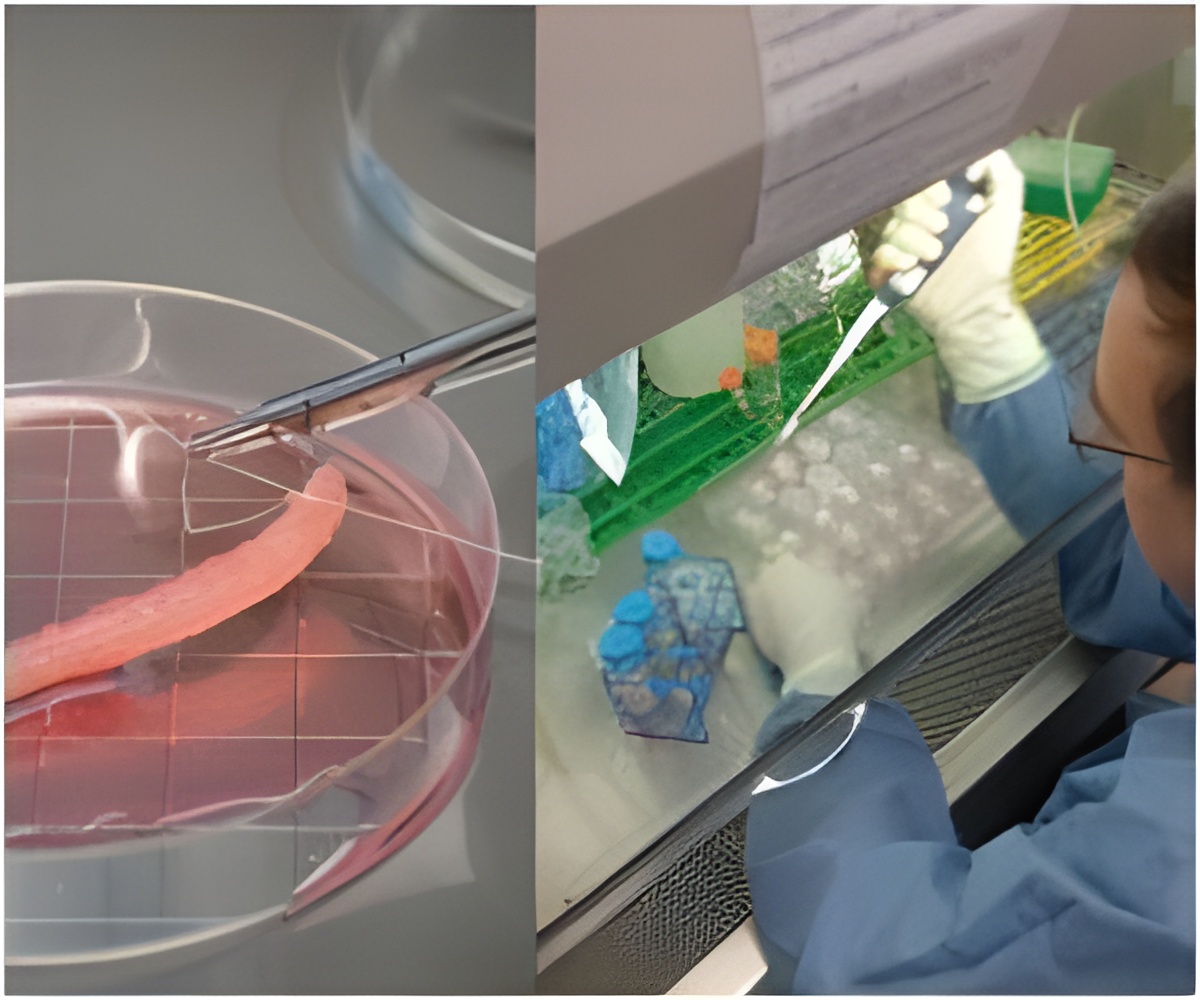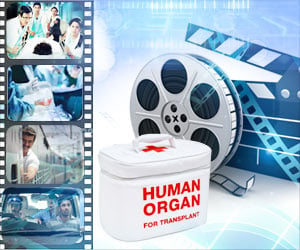Macrophages play a key role in clearing the body of harmful substances and microbes, such as toxins and bacteria, as well as clearing away dead tissue.

‘Macrophages play a key role in clearing the body of harmful substances and microbes, such as toxins and bacteria, as well as clearing away dead tissue.’





Looking at cells in the abdominal cavity surrounding the liver, the study demonstrated the macrophages patrol within the cavity, and upon organ damage, adhere themselves to the damaged area for quick repair. "The traditional thought of how organs are repaired after injury is that monocytes (a type of immune cell found in the blood) are recruited to the site of injury, move out of blood vessels, and mature into macrophages in two to three days," says Jing Wang, PhD, lead author of the study and member of the Snyder Institute for Chronic Diseases. "In our study, the mature macrophages are already in the cavity and can infiltrate the injury site in visceral organs directly, thereby initiating immediate and rapid repair." Using animal models, researchers used intravital imaging technology to view the cells in real time, and observed their behavior in response to both thermal injury and toxin induced injury. The cells behaved in the same way for both types of injury. Further to the observation, when the macrophage supply was depleted in the abdominal cavity, tissue repair did not take place as quickly.
When the cells were reinfused back into the animal models, they resumed their role. Wang says while the study only looked at the cells in the abdominal cavity and how they responded to liver injury, it's reasonable to hypothesize that cells in other body cavities, such as the pleural cavity surrounding the lungs, and the pericardium cavity surrounding the heart, would perform similar functions. And while the study was conducted in animal models, Wang says this research could have implications for humans as well. "Humans have the same body cavities as mice do so we can assume we have the same cells carrying out the same role in our bodies."
Wang goes on to say this discovery could have specific implications for clinical procedures and surgeries that typically 'wash out' the involved cavity to clear out any foreign pathogens. The study suggests doing so could actually be hindering the healing process, by depleting the cavity of its macrophages. The University of Calgary is uniquely positioned to find solutions to key global challenges. Through the research strategy for Infections, Inflammation, and Chronic Diseases in the Changing Environment (IICD), top scientists lead multidisciplinary teams to understand and prevent the complex factors that threaten our health and economies.
Source-Eurekalert










